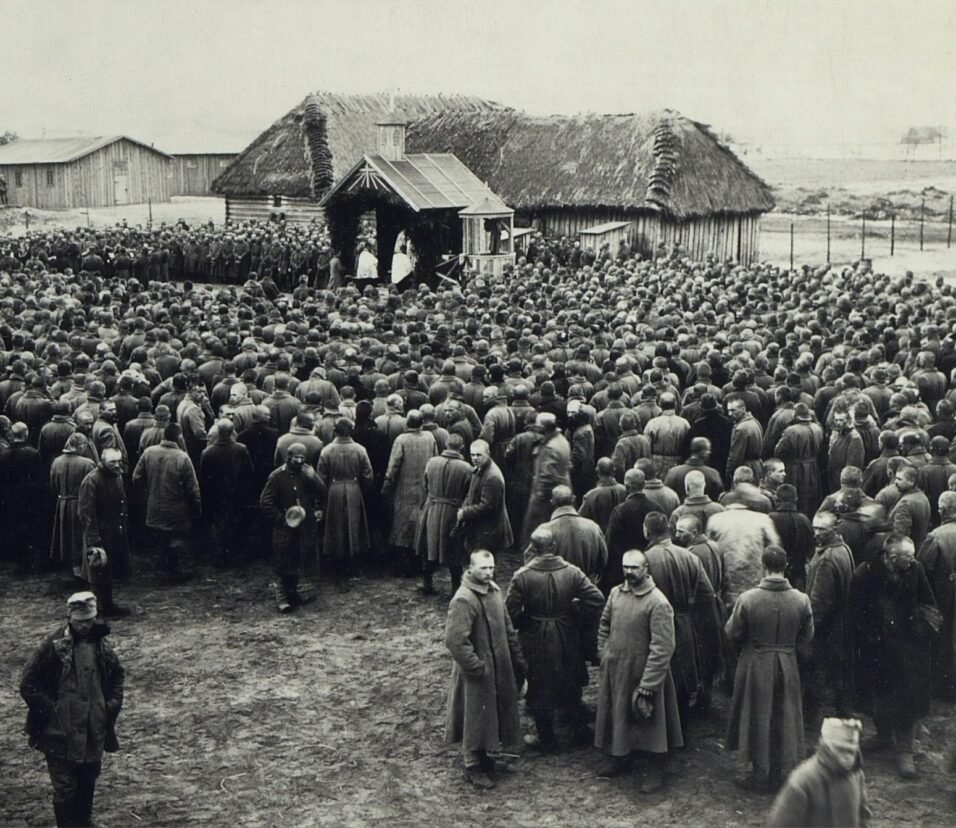The Reconstruction Amendments
After the Civil War, from 1865 to 1877, America went through big changes. During this time, three important rules called the 13th, 14th, and 15th Amendments, were added to the Constitution. These rules aimed to fix the wrongs of slavery and help the country move forward after the war.
The Background
After the Civil War ended in 1865, America had big decisions to make. The South was a mess, and there was a big question: how do we include the many freed slaves as part of the country? Some determined people in Congress wanted a country where everyone was treated the same. To make this happen, they introduced some new rules, known as the Reconstruction Amendments.
The 13th Amendment:
When the 13th Amendment became official on December 6, 1865, it was a big deal. It meant that slavery, which had been a dark part of America’s history, was finally over. This changed a lot, especially in the South where many people had relied on slaves for work. Now, those who were once slaves tried to figure out their new life as free people.
But there was a catch in the 13th Amendment’s words. It said forced work was still okay if it was a punishment for a crime. This led to a system in the South where many Black people were forced back into hard work, showing that just ending slavery by law didn’t immediately mean true freedom for all.
The 14th Amendment:
Before the 14th Amendment in 1868, Black people were told they weren’t real citizens because of the Dred Scott decision. But this amendment changed that. It said if you’re born or become a citizen in the U.S., you’re a full citizen, no matter your background. This was big news for people who had been slaves, giving them rights they didn’t have before.
But the 14th Amendment did even more. It made sure that everyone got treated the same way by the law, which was a big step in making things fair for everyone, no matter their color. This idea became a key point in many fights for equal rights.
The 15th Amendment:
Voting is a big part of what makes a country’s leaders listen to its people. The 15th Amendment was all about making sure everyone, no matter their background or color, could vote. This meant that Black men could have a say in who leads the country.
But, even though this rule was in place, some people in the South didn’t like it. They came up with sneaky ways, like making people pass hard tests or pay money, to stop Black people from voting. So, while the amendment was a good step, there were still challenges to overcome.
Struggles and Pushbacks
Getting these new rules in place wasn’t easy. Many people in the South, upset about losing the war, felt that these rules were just ways to make the South look bad. Because of this, groups like the Ku Klux Klan started causing trouble, trying to stop these rules from being used by scaring people.
Also, not everyone in the North wanted these rules. Some were more focused on getting the country’s money situation better and weren’t really thinking about the rights of people who used to be slaves. This meant that these new rights weren’t always protected as they should be.
How the South Responded to the New Rules
After the Reconstruction Amendments were passed, the Southern states, still hurting from the Civil War, tried to find ways to not follow them. This time gave birth to the “Black Codes.” These were state rules that limited the freedoms of Black people. Even though these codes didn’t directly break federal rules, they went against what the rules aimed to achieve.
For example, the 15th Amendment said Black men could vote. However, the Southern states created rules like poll taxes, reading tests, and other tricks to stop Black people from voting. On top of these sneaky methods, some groups used threats and violence to scare Black voters away.
A Lasting Impact
Even with all the troubles back then, the Reconstruction Amendments changed how America thinks about rights and fairness. These rules helped fuel the push for equal rights in the 1900s and are still talked about when people discuss fairness today. Though the time right after the Civil War had lots of ups and downs, these amendments stuck around. They show that America, even with its mistakes, can learn and work towards treating everyone fairly.
Conclusion
Basically, the Reconstruction Amendments are like strong support for helping America become fairer for everyone. Even though making these changes was tough and putting them into action was even harder, they’ve played a big role in making the country better. These changes still make a difference in our lives today.







